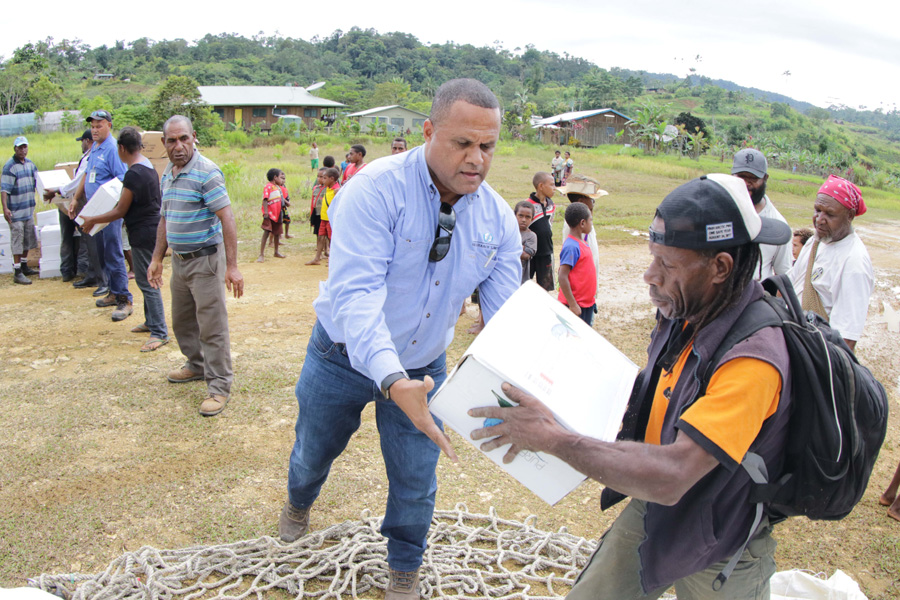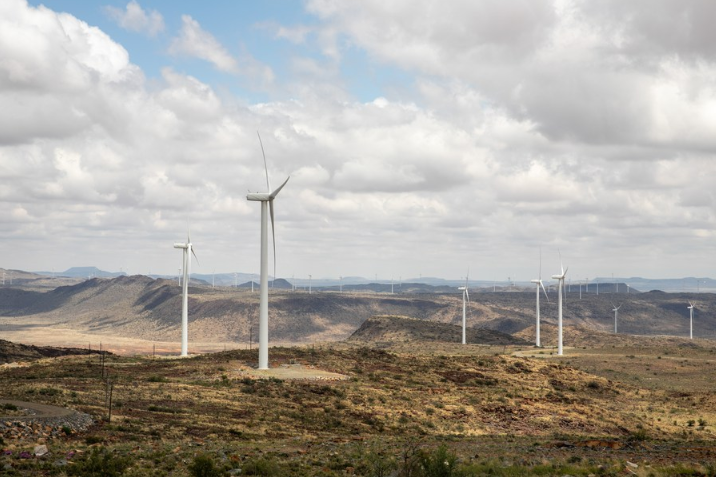Aftershock rattles quake-hit PNG


SYDNEY - Strong aftershocks rocked Papua New Guinea's remote and rugged highlands on Monday, as the death toll climbed to 55 after a magnitude 7.5 earthquake a week ago, and is expected to rise further.
Three aftershocks of magnitudes greater than 5 shook the mountainous Southern Highlands, about 600 kilometers northwest of the capital Port Moresby, early on Monday, the US Geological Survey said, including a shallow magnitude 6 quake.
"We haven't slept. It's been shaking all through the night," William Bando, provincial administrator of Hela province, said by telephone from Tari, about 40 km from the site of the shocks.
"What we experienced this morning could have caused more damage, but we don't know, ... it almost threw me out of bed."
The region had already been badly damaged on Feb 26, when the largest quake to hit the seismically active highlands in nearly a century flattened buildings, triggered landslides and closed oil and gas operations.
The toll on Monday stood at 55 dead, said James Justin, a research officer at the Ministry of Petroleum and Energy in Port Moresby, as news of more deaths arrived in the capital by shortwave radio.
Some media reports put those killed at 67.
Most of the confirmed fatalities were in and around the provincial capital of Mendi and the township of Tari, Justin said, where landslides buried homes and buildings collapsed on families.
"People are in great fear of their lives as the quakes are continuing ever since it started," he said. "They actually want to know when it will stop."
While the region has no major urban centers, around 670,000 people live within 100 km of the epicenter, according to the Red Cross.
The quake has been felt on global natural gas markets, with ExxonMobil Corp declaring force majeure on exports from Papua New Guinea, according to an industry source, pushing Asian spot liquefied natural gas prices 5 percent higher.
The company declined to comment on the force majeure, but said production would be knocked out for about eight weeks.
Aid agencies have said nearly 150,000 people remain in urgent need of emergency supplies.
Australia, New Zealand and the Red Cross have all pledged aid, though reaching the remote area has proved challenging as forbidding terrain, bad weather, and damaged roads and runways have delayed aid efforts.
"The only way for people to go out is by chopper, and it's slow for information to come through," said Martin Mose, director of Papua New Guinea's National Disaster Centre, which has yet to complete a full assessment of damage.
Reuters - Afp

































